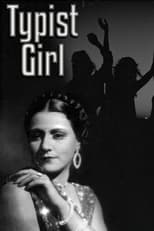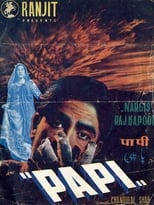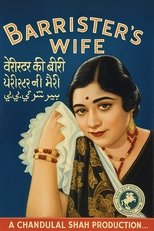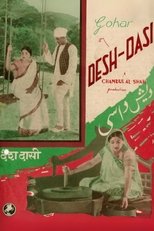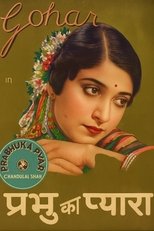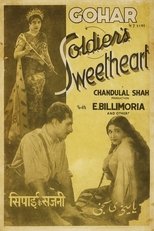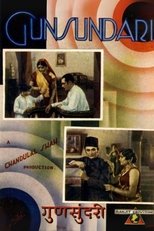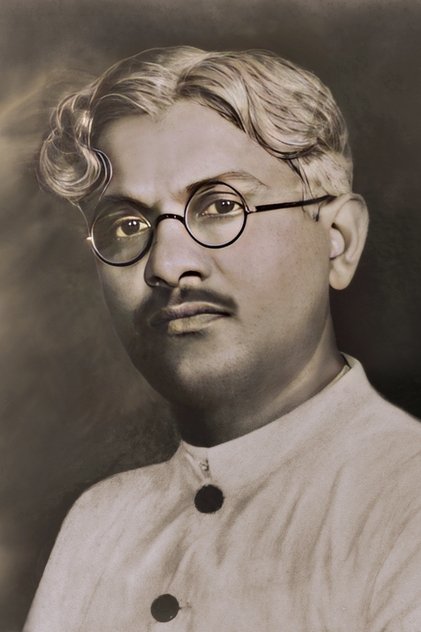
Chandulal Shah
(India)-
Chandulal Jesangbhai Shah was a pioneering figure in Indian cinema—an acclaimed director, producer, screenwriter, and studio founder whose contributions played a vital role in shaping the Hindi film industry from the silent era to post-independence India. Born in Jamnagar, Gujarat, and educated at Sydenham College, Bombay, Shah began his career at the Bombay Stock Exchange. His entry into cinema was accidental: while assisting his brother J.D. Shah, a mythological film writer, he was asked to direct Vimala (1925) for Lakshmi Film Company after the original director fell ill. The film’s success launched his new career in films.
Encouraged by the response, he directed two more films before temporarily returning to the stock market. But cinema had captured his heart. With encouragement from friend Amarchand Shroff, he joined Kohinoor Film Company and met actress Gauhar. There, he directed Typist Girl (1926), starring Sulochana and Gauhar—completed in just 17 days and a big hit. Films like Gunasundari (1927) followed, establishing him as a skilled, efficient filmmaker. He then worked with Jagdish Film Company, directing four films with Gauhar.
In 1929, Shah co-founded Ranjit Film Company (later Ranjit Movietone) with Gauhar and financier Vitthaldas Thakordas. Ranjit became one of India’s most prominent studios, producing 39 silent films by 1932. During the 1930s–40s, it transitioned into talkies, releasing multiple successful social dramas annually. Ranjit Studios became known for large-scale employment and professional discipline.
Notable productions under Shah’s leadership included Sati Savitri (1932), Barrister's Wife (1935), The Secretary (1938), Achut (1940), Tansen (1943), Murthy (1943), and Jogan (1950). These films addressed key social issues and were both critically and commercially appreciated. Over his career, Chandulal Shah produced 140 films, directed 34, and wrote 8—a record that highlights his immense contribution to Indian cinema.
Beyond filmmaking, Shah was instrumental in organizing the industry. He led the Silver Jubilee celebration of Indian cinema in 1939 and its Golden Jubilee in 1963. He served as President of the Indian Motion Picture Producers Association (1944–45, 1948–49, 1951–53), and was the first President of the Film Federation of India (1951–53). In 1952, he led a delegation to Hollywood, boosting India’s global film presence.
However, the failure of Papi (1953), starring Raj Kapoor and Nargis, marked the beginning of his professional decline. Later films like Utpatang (1955), Zameen Ke Taare (1960), and Akeli Mat Jaiyo (1963) failed to revive his fortunes. He gradually withdrew from filmmaking.
Yet, Chandulal Shah’s legacy remains indelible. As one of the foundational architects of Indian cinema, a studio visionary, and tireless leader, his influence continues to be felt even today.
TMDB mini biography by: Ashvin Borad

